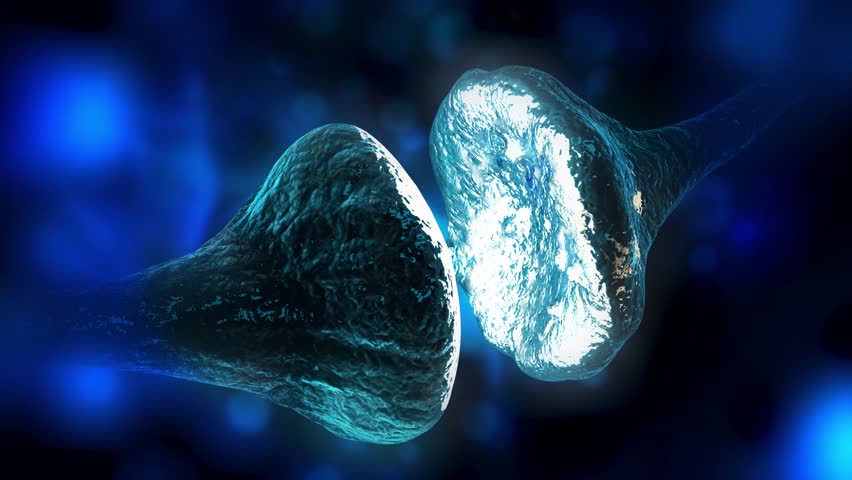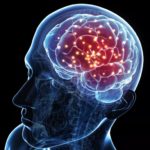Most often, patients with affective disorders are treated with the newer class of antidepressants, like selective serotonin reuptake inhibitors (SSRIs). Such antidepressants act by inhibiting the reuptake of the neurotransmitter serotonin in the pre-synaptic nerve ending.
Although effectual for the treatment of anxiety and depressive disorders, a group of researchers at Vanderbilt University Medical Center have concentrated on producing a new class of antidepressants, more efficient than current options.
According to a study, published in Neuron, researchers examined an approach involving the enhancement of the excitatory neurotransmitter glutamate in the brain associated with changes in mood.
Neural circuitry connecting the prefrontal cortex of the brain to the thalamus, is central in reaching rapid antidepressant effects, researchers noted. Ketamine, a treatment used for treatment-resistant depression, is thought to induce antidepressant effects similarly through a drastic release of glutamate.
Researchers proclaim, based on their assessment of glutamate, to have inhibited long-term changes in glutamate release among rodents with druglike molecules that blocked either mGlu2 & mGlu3, glutamate receptors on opposite sides of the synpase, or gap, between nerve cells.
In the findings, mGlu 2 and mGlu 3 negative allosteric modulators (NAMs) reduced passive coping and reversed depressive traits, like anhedonia. From the study: “We found that systemic treatment with an mGlu 2 or mGlu 3 NAM rapidly activated biophysically unique PFC pyramidal cell ensembles.”
“Mechanistic studies revealed that mGlu 2 and mGlu 3 NAMs enhance thalamocortical transmission and inhibit long-term depression by mechanistically distinct presynaptic and postsynaptic actions.”
“As we learn more, we may find out that mGlu2 and mGlu3 have utility in different aspects of depression. Different patients may respond better to one than the other,” the study’s co-authors suggested.
“We’re just starting to really understand how mGlu3 and mGlu2 differ and how they may be uniquely relevant for specific patient populations that have different aspects of depression.”


